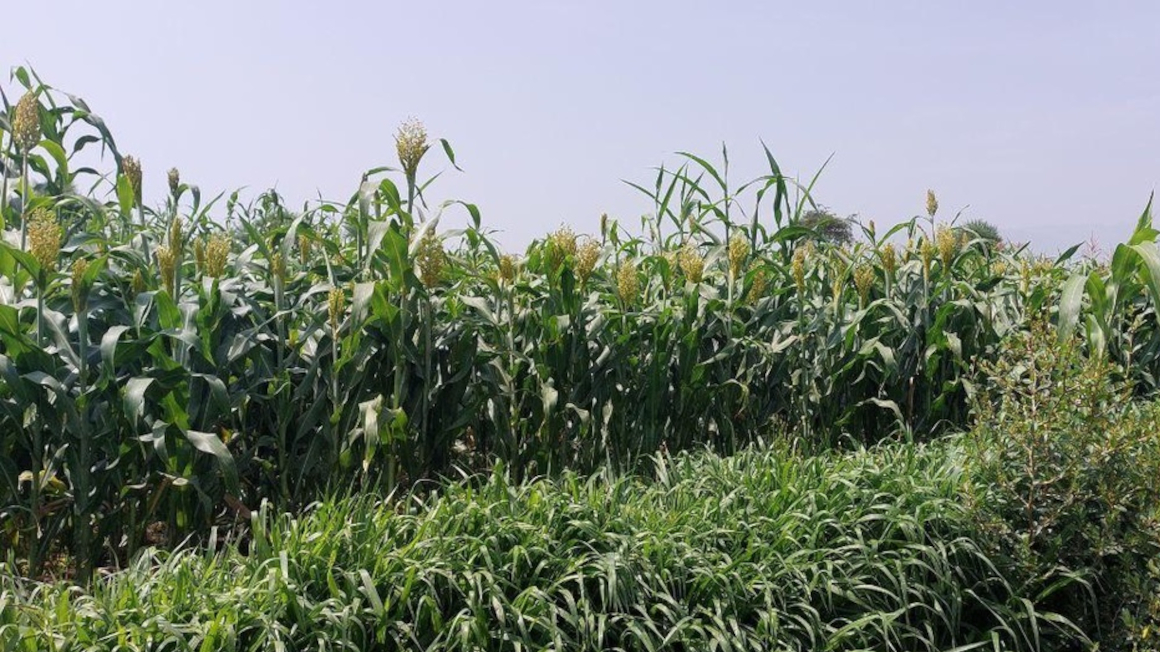Stress test on rye provides insight into gene combination
A new study by the Leibniz Institute of Plant Genetics and Crop Plant Research (IPK) and Martin Luther University Halle-Wittenberg shows how rye rearranges its genes in response to environmental stress.

Rye belongs to the sweet grass family and is particularly impressive due to its frost resistance and high yields, even on nutrient-poor soils or under drought stress. This means that the plant could play an important role in food security in the future. A recent study by researchers at the Leibniz Institute of Plant Genetics and Crop Plant Research (IPK) and Martin Luther University Halle-Wittenberg (MLU) now provides new insights into the reproduction of rye. It shows how strongly environmental conditions, especially nutrient deficiency, influence the recombination of genes during meiosis, the division of gametes.
Gene exchange in rye under environmental stress investigated
For the study, the team analysed more than 500 rye plants that grew under both normal conditions and nutrient stress on the traditional ‘perpetual rye cultivation’ experimental field. The researchers collected pollen and sequenced over 3,000 individual sperm cells. This enabled them to determine exactly how many so-called crossover events – i.e. exchange processes between chromosomes – took place in each plant and where they were located on the chromosome. For the first time, this process was investigated on such a large scale directly in the pollen, the place where the recombination actually takes place.
Less gene mixing when nutrients are scarce
The study found that plant genes mix significantly less when nutrients are scarce than when they are plentiful. ‘You can think of it like playing cards: if the cards are only shuffled half-heartedly, fewer new combinations are created,’ explains lead author Christina Wäsch from MLU. Old varieties and wild forms were particularly sensitive, while modern cultivated varieties remained more stable. For the researchers, this is an indication of how strongly genetic diversity influences the response of plants to environmental changes.
Impetus for plant breeding
In addition, the team identified numerous genetic regions that control the recombination rate. ‘In our study, we were able to show that the recombination rate is not controlled by a master switch, but by numerous small genetic regions simultaneously,’ explains Steven Dreissig from the IPK. The researchers are convinced that the results can provide important impetus for plant breeding. If it is possible to specifically influence recombination, new, resistant crops could be developed more quickly.
bb


